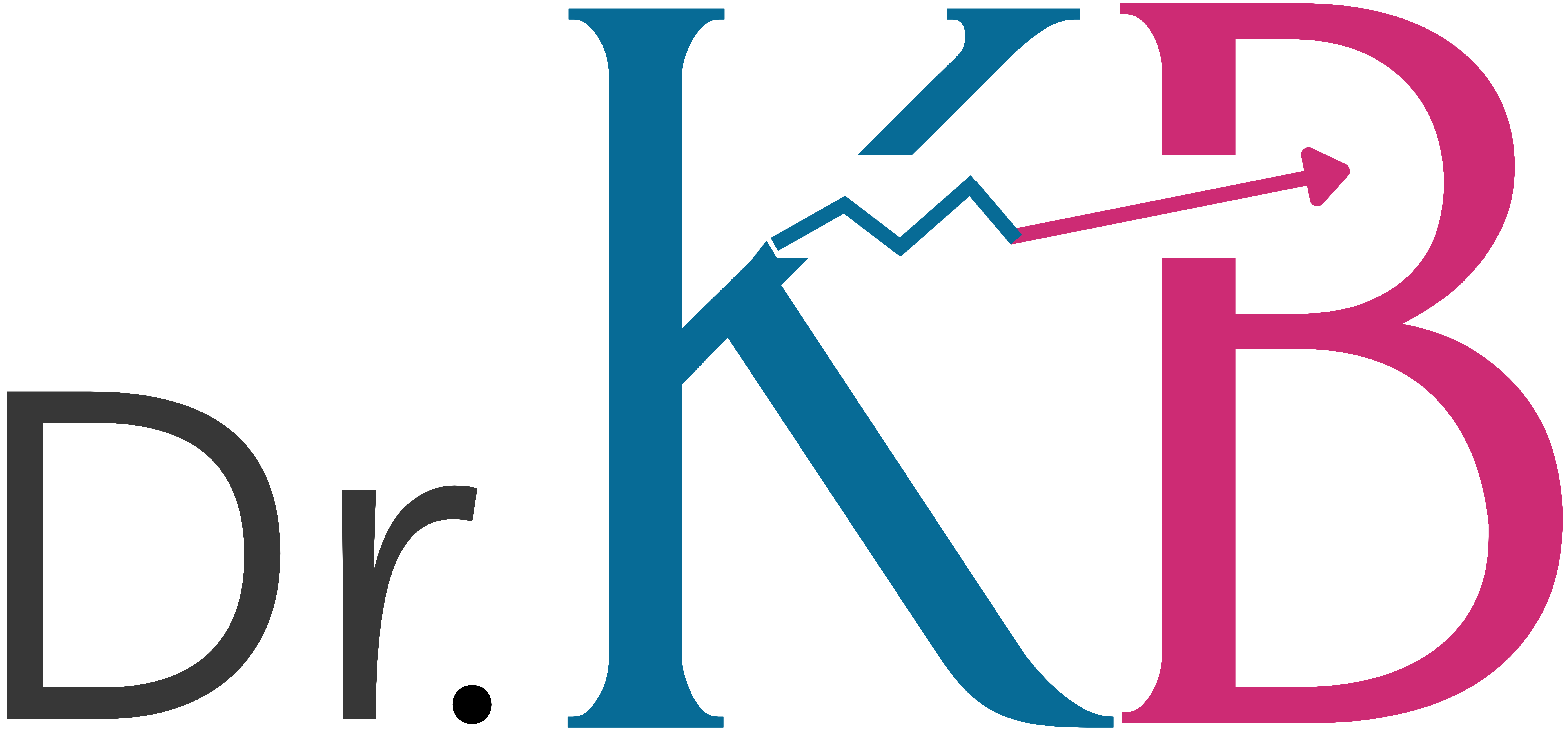Are You Clear On The Answer To This Question?
Do you still enjoy patient care?
This is an important decision point at the career transition intersection.
To help you get clear, consider these prompts:
If you enjoy patient care most days, what do you enjoy about it?
The 1:1 connection?
Using your knowledge and skills to treat disease?
The reward of helping a patient feel better?
Educating or coaching?
Being the subject matter expert?
Advocating for your patients?
The satisfaction of a procedure or a surgical case gone well?
How important are these for job satisfaction?
For example, if the 1:1 connection or helping people is important, but you feel worn out by the other tasks that go along with patient care (charting burden, the pressure to see more patients in less time, or unwieldy MyChart messages), how can you advocate for support to do less of these tasks? How can you do more of what you enjoy?
If the 1:1 connection and staying skilled in procedures are important, consider a change of environment.
For example:
A different office location in another city or state.
Direct Primary/Specialty Care practice.
Pivot from private practice to Academia, the VA, Public Health, or the Indian Health Service.
If the reward of helping patients is important, but you just want a change, consider:
Part-time clinical jobs.
Locum Tenens.
Telemedicine.
Volunteer for a medical mission or a global health excursion.
Cruise ship physician.
A non-clinical job plus a number of clinical shifts per month or one clinic day a week.
If the 1:1 connection is important, but you don’t need that connection to be with patients, consider careers where you make connections with others.
For example:
with clients as a coach/counselor.
with students as a teacher.
with a team of colleagues as an integral member or leader of the team.
If using your clinical knowledge or subject matter expertise are important, consider a non-clinical job where you continue to use your physician brain.
For example:
Utilization Management.
Disability reviews.
Expert witness work.
Pharmaceuticals/Industry.
If you’re still unclear about the importance of patient care in your next career, consider taking a short (or long) break to give you time and space to figure it out.
If you’re clear you don’t need to see patients in your next career, there are rewarding non-clinical options to explore!
What It Means To Leave Clinical Medicine
Deborah Bradley, MD talks to Kevin MD about her decision to leave clinical oncology for a job in Pharma.Click here to listen the podcast (18:35 mins, interview starts at 2:30 mins).
How Do You Know When To Change Something?
Here’s how Steve Jobs knew:
“For the past 33 years, I have looked in the mirror every morning and asked myself: ‘If today were the last day of my life, would I want to do what I’m about to do today?’ And whenever the answer has been no for too many days in a row, I know I need to change something.”

